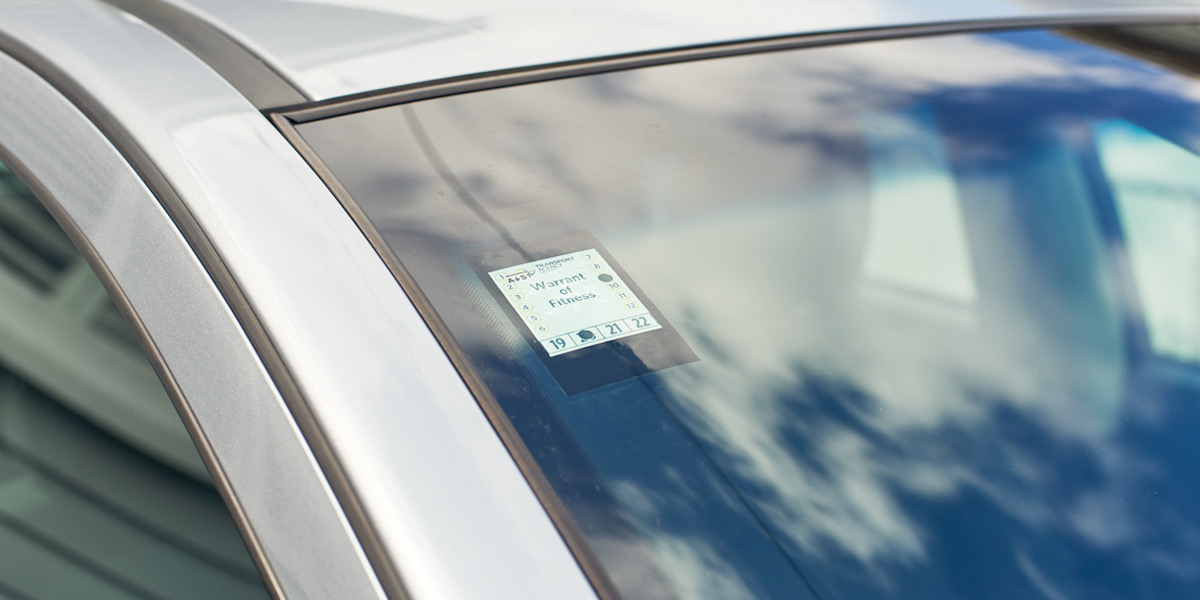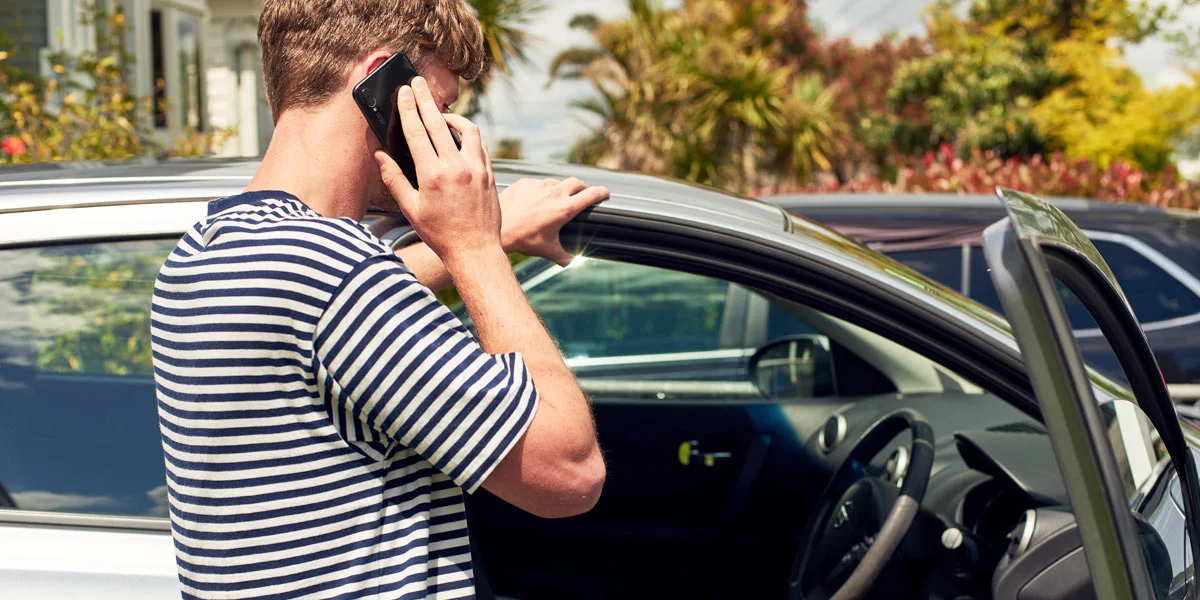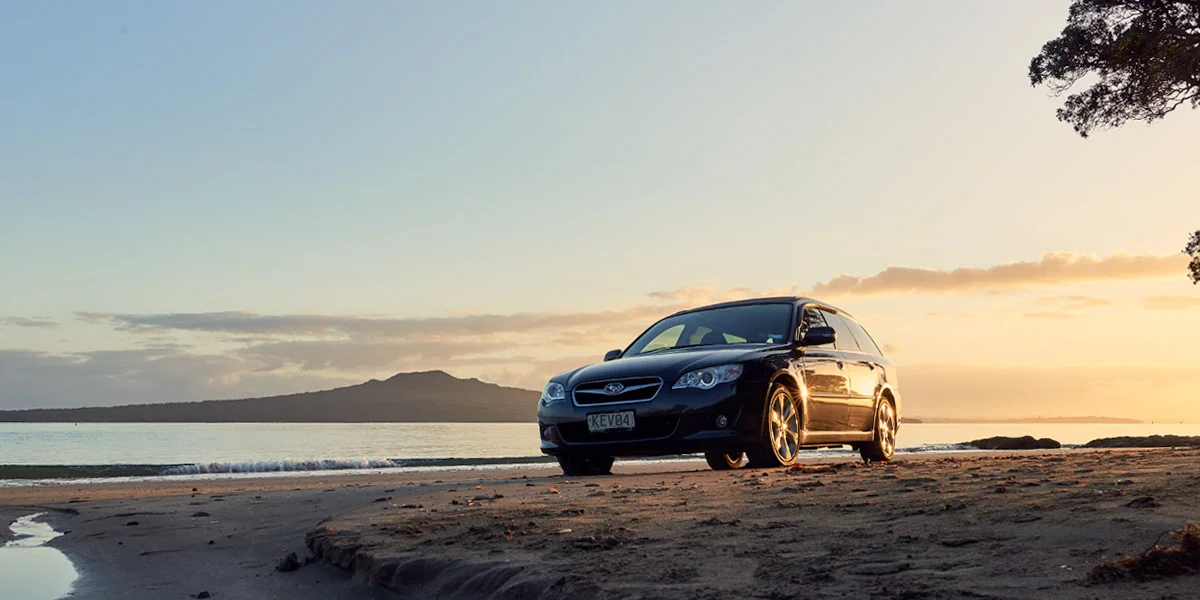Buying guide
What paperwork will I need when buying a car?
We explain all the paperwork involved when buying a car.
Change of ownership
Insurance
Registration and vehicle licensing (rego)
Warrant of Fitness (WoF)
Road user charges (RUC)
Mechanical warranty
Other articles you might like




